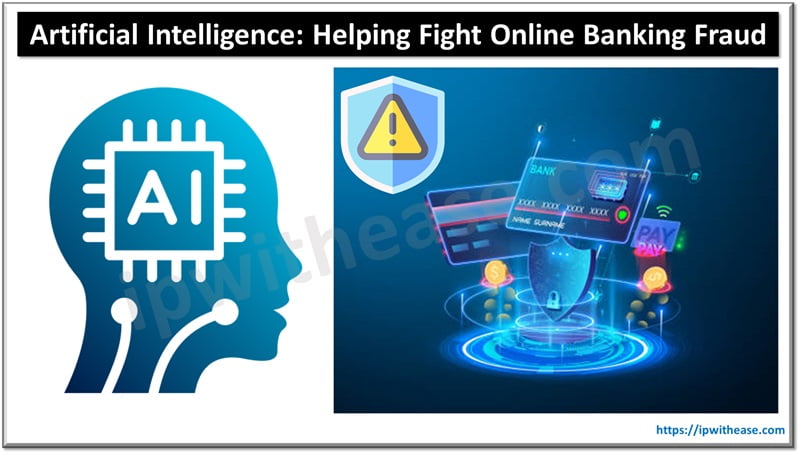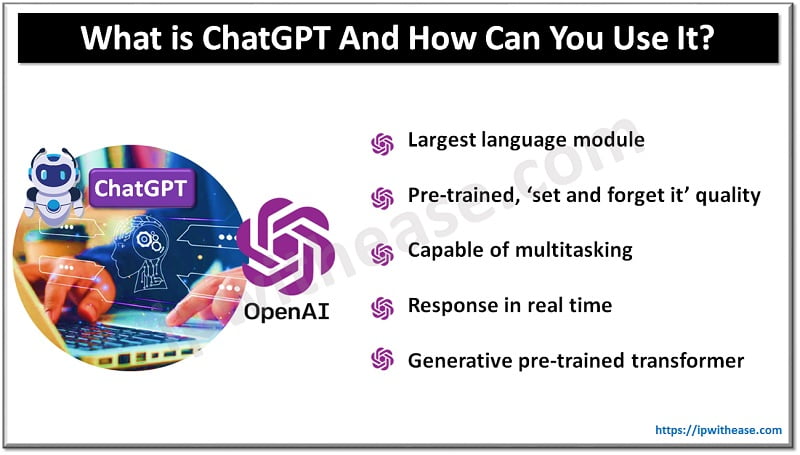In 2024, cyberattacks on businesses are estimated to cost the world a staggering $9.5 trillion USD – eSentire
Data breaches in organizations are crippling because they cause data, revenue, and reputation loss. Cyberattacks have become common in every industry -Finance, Healthcare, Retail, Education, Energy and even Aviation. It has become more and more essential that companies prepare themselves against malware, ransomware, phishing, and spoofing attacks. Specialists in the field believe that the only way to combat this is through awareness and knowledge of cybersecurity. Cybersecurity, or digital security, is the practice of protecting computer hardware, software, and interconnected systems from the threat of cyberattacks.
Vigilant corporations are taking cyberattacks seriously. A sound cybersecurity system shields against unauthorized access to a company’s digital assets. While, on the one hand, they are engaging in increasing employees’ general awareness regarding cybercrimes, they are also hiring experts armed with professional cybersecurity certification and experience in risk mitigation and security analysis. Hence, there has been a growing demand for qualified professionals who are tech-savvy and capable of preventing and tackling cyberattacks.
Cyberattacks – a Snapshot
- A cyberattack is a planned effort to gain unauthorized access to an organization’s digital assets.
- Cyberattacks are perpetrated for financial gain, data theft, hacktivism, or to expose companies’ vulnerabilities and disrupt business.
- While some cybercrimes are politically motivated, others result from personal vendetta.
- The most common cyberattacks companies faced during 2023 were ransomware, malware, Business email attacks, crypto scams, password thefts, Denial of Service attacks, and social engineering scams.

Why Cybersecurity is a Great Career Option?
- The losses companies have incurred through data breaches (USD 4.45 million) and ransomware (USD 5.13 million) in 2023 have made looking for competent specialists in this field imperative.
- Research data shows a considerable gap( 3.4 million )worldwide in the cybersecurity job market, with the demand for specialist cybersecurity professionals far more than the supply.
- Cybersecurity jobs pay well and have tremendous potential for career growth.
- There are multiple job opportunities in the cybersecurity space. As a cybersecurity expert, you can work as a
-Cybersecurity Analyst
-Security Engineer
-Cybersecurity Consultant
-Ethical Hacker
-Incident Responder
-Chief Information Security Officer
Looking for the Right Cybersecurity Course
Whether you are a newcomer exploring cybersecurity or looking to upskill for better job prospects, a good cybersecurity certification will improve your employability.
Consider these parameters to compare and evaluate courses that will add value to your existing skill set-
- Course content
- Course duration
- Hands-on training,
- Internship opportunities
- Placement opportunities
- Course accreditation
Learning Cybersecurity – Online or Classroom?
The above parameters on your checklist will help you invest in the right course. However, before you start researching the best cybersecurity courses, there is one major question that you need to address. Do you take up classroom training or an online course to learn the nuances of cybersecurity?
Here is an overview of the pros and cons to help you decide what’s apt for you.
Traditional Classroom Approach to Cybersecurity Training
Returning to the classroom to get your cybersecurity certification is a good idea. However, two key aspects govern classroom training. A classroom training program requires you –
- To be physically present in the classroom.
- To allocate and dedicate specific hours of your day for this purpose.
Both of the above features entail a structured and scheduled approach to learning. This can either seem daunting or bring on a hint of nostalgia!
Pros & Cons of Classroom Cybersecurity Training
✔️A fixed learning schedule means fewer distractions
✔️More interaction and engagement with peers and instructors
✔️Access to resources
✔️Networking and community building
✔️Instant doubt clearing, feedback, and assessment
✔️Multiple modes of teaching -lectures, discussions, seminars
❌Geographical barriers to choosing the course you desire.
❌ Rigid and fixed schedule
❌Varying knowledge levels among students may hamper education
❌Classroom training tends to be costly
❌Large classroom sizes may make learning ineffective
❌Quality of instructors will determine learning outcomes
Online approach to cybersecurity training
So, if “back to school (classroom)” is not for you, don’t worry. Several reputed organizations specialize in providing online certification programs in cybersecurity. They are equally valuable and worth their weight in gold and will certainly help accelerate your career.
Pros & Cons of Online Cybersecurity Training
✔️Flexibility for working professionals
✔️Courses taught by industry experts
✔️Study anywhere at your own time and pace
✔️Online courses are less expensive
✔️Reduced cost of study as there is travel involved
✔️Interactive tools make the content informative and engaging
✔️Convenience
❌No in-person sessions or interactions
❌Requires self-motivation
❌Needs stringent time management
❌Requires discipline to stay focused
❌Technology and connectivity disruptions
❌No possibility of instant doubt clearing or feedback
❌Reduced networking opportunities
What’s the Right Choice for You?
You are now aware of the advantages and disadvantages of classroom and online certification courses for cybersecurity. While these are generic, choosing a cybersecurity course, classroom, or online depends on personal factors as well which are :
- Desired learning goals: online cybersecurity certification courses are tailor-made with specific learning outcomes that may match your requirements.
- Preferred learning style: If you are an independent learner with good organizational capabilities, the self-paced online courses suit you better.
- Availability of time: If you desire flexibility while planning your course because of your stringent schedules, consider the online option.
- Budget: Analyze the costs associated with the course, including travel costs.
- Access to technology: If you have challenges concerning internet access or cannot lay your hands on the right software to run the course, it may be better to take classroom courses.
- Personal commitments and background: if you believe your personal and professional obligations may hinder the learning process, a fixed schedule and a classroom environment may help you smoothly pursue your certification program.
Conclusion
Getting your cybersecurity certification by enrolling in a brick-and-mortar institution may seem old-fashioned. It is suitable if you seek mentorship, personalized attention, and peer interaction. However, if finding time on your calendar to attend scheduled classes may be difficult because you are a working professional, an online cybersecurity course from a reputed organization will be your best bet. Either way, the choice will depend on your personal preference.
Continue Reading:
Why Are Ethical Hackers Important for Cybersecurity?
White-Box Cryptography: Everything You Need to Know
ABOUT THE AUTHOR
IPwithease is aimed at sharing knowledge across varied domains like Network, Security, Virtualization, Software, Wireless, etc.



